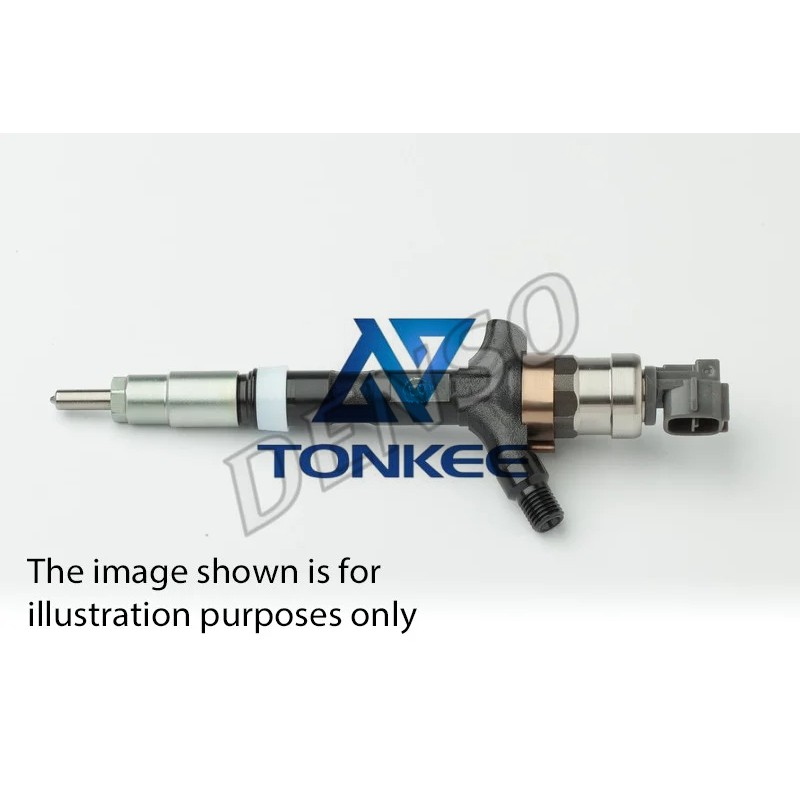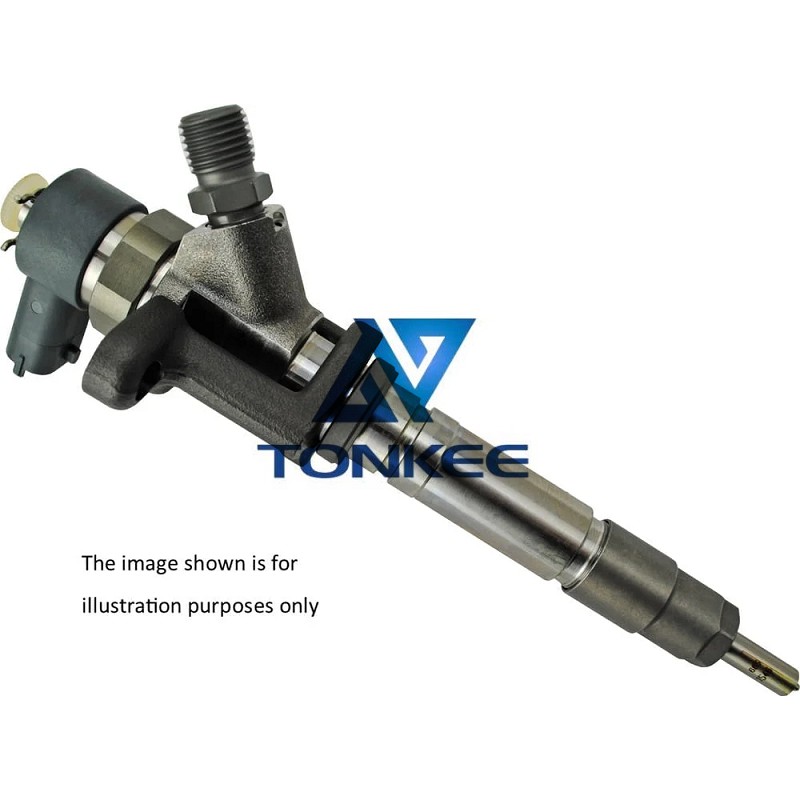
Manufacturer: The Denso 295050-7320 Common Rail Diesel Injector is manufactured by Denso Corporation, a globally renowned automotive technology supplier known for its high-quality and reliable products.
Injector Type: This injector is a common rail diesel injector, which means it is designed to work with a common rail system. In a common rail system, fuel is stored at high pressure in a common rail, and the injector delivers precise amounts of fuel directly into the combustion chamber as needed.
Precision Engineering: Denso is known for its precision engineering, and the 295050-7320 injector is no exception. It is engineered to provide accurate and consistent fuel delivery, ensuring optimal combustion and engine performance.
Compatibility: The 295050-7320 injector is compatible with a wide range of diesel engines, making it a versatile choice for various automotive and industrial applications.
Durability: Denso injectors are designed to withstand the harsh conditions of diesel engine operation. They are built to be durable and long-lasting, reducing maintenance costs and downtime.
Efficiency: Common rail injectors like the 295050-7320 are known for their efficiency. They can deliver precise amounts of fuel at high pressure, leading to improved fuel combustion, reduced emissions, and better fuel economy.
Fuel Atomization: The injector is designed to atomize the fuel, breaking it into tiny droplets for better mixing with air in the combustion chamber. This promotes more complete combustion and reduces emissions.
Control Module Compatibility: The injector can be used with engine control modules (ECMs) and electronic control units (ECUs) to ensure precise control of fuel delivery, timing, and other engine parameters.
Working Principles:
The Denso 295050-7320 Common Rail Diesel Injector operates based on the common rail injection system. Here's how it works:
High-Pressure Fuel Rail: The injector is connected to a high-pressure fuel rail, which stores fuel at a constant, high pressure.
Electronic Control: The fuel injection process is controlled electronically. The engine control module or electronic control unit determines when and how much fuel should be injected into the combustion chamber.
Precise Fuel Delivery: When the injector receives the signal to inject fuel, it opens a nozzle, allowing a precise amount of pressurized fuel to be released into the combustion chamber.
Fuel Atomization: As the fuel is released, it is atomized into tiny droplets, ensuring efficient mixing with the incoming air.
Combustion: The fuel-air mixture ignites in the combustion chamber, producing power to drive the engine.
Repeat Process: This process repeats with each engine cycle, ensuring a continuous supply of fuel for optimal engine performance.



 English
English Русский язык
Русский язык



